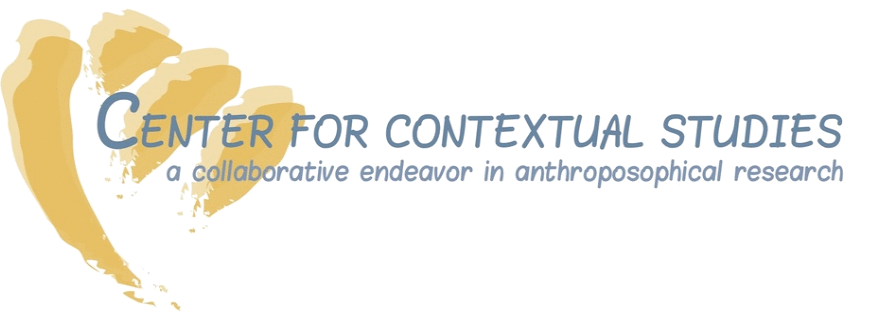In November 2017, teachers presented results of working with one of “The Ten Theorems”. In most cases these problems were not given in the context of a curriculum or in a typical lesson format, but rather offered to the students, in the spirit of “Moore’s method” which originated with graduate math students. We heard about classes experiencing unique, interesting ways of getting started. Students began to recognize when an approach was not working and had to be modified. Teachers reported that the students learned from listening to each other in ways that were unanticipated.
We recognized that we, as math teachers, work in a middle space between the unconscious realm of timeless mathematical truths perceived through the “will relationship to the external world”, and the waking day consciousness of mental activity. (Rudolf Steiner, The Mission of the Archangel Michael, Dornach, Nov 28, 1919, GA194). We work in the realm of dream consciousness, and of feeling. We have the task of shaping a space where the “shooting up” of experienced mathematical truths can be sensed and come to clarity in thought for each individual student. Teaching success would mean that these students can grow to recognize and form these paths, these ways of coming to awareness of eternal truths, for themselves.
In 2018, we would like to deepen this action research. We have a new list of theorems, “The Ten Theorems Take Two”, and more specific questions to take with you on the journey into the classroom. This year, we invite you to bring a problem or theorem to students in at least two different grades, ranging from grade 6 to grade 12.
• How do students approach mathematical questions?
• Does the nature of exploratory activity change as the child matures?
• Can we characterize different ways of thinking?
As the teacher/investigator we ask you to facilitate classroom conversation, to carefully observe the variety of approaches, to encourage and coax out work from quieter students and “different learners”, and then to write a description of the “ways of thinking” that were in evidence. By doing this in at least two classrooms, with different age students, we hope to gain insights into how thinking develops.
Once again, we encourage you to write up your experiences and present them to our group in November 2018. Again, researchers will attend the colloquium free of charge. Further details about the initiative can be found under "Learn More" on the workshops page.
